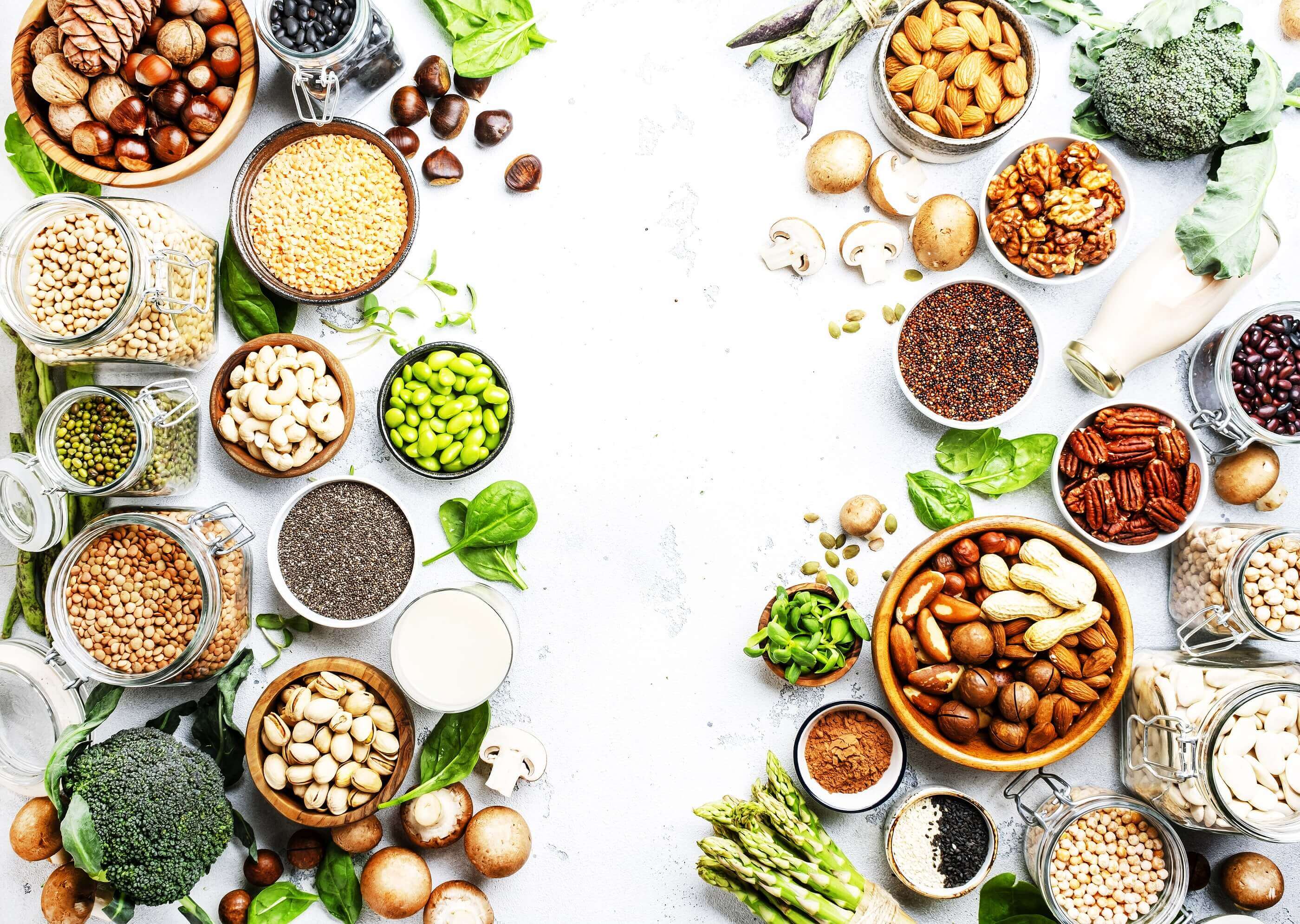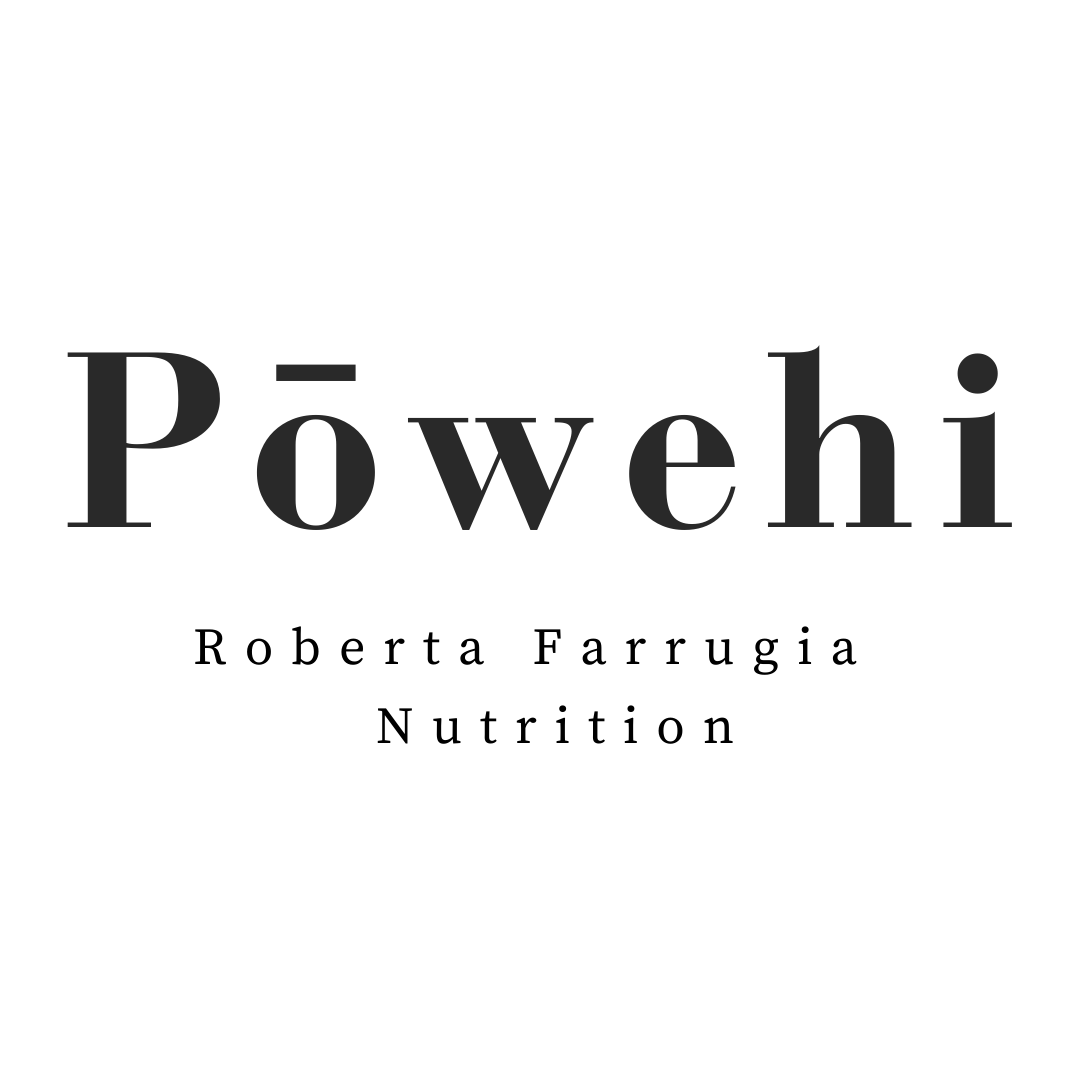As women transition through perimenopause and menopause, many experience changes in their hair. Thinning, dryness, and increased shedding can become common complaints. These changes are primarily due to hormonal shifts that affect not only the structure of the hair but also its growth cycle. The good news is that with a holistic approach to nutrition and lifestyle, it is possible to support hair health naturally, without relying solely on topical treatments.
The changes in hair health during perimenopause and menopause are largely driven by the hormonal fluctuations that occur during this time. Oestrogen and progesterone, which typically support hair growth and health, begin to decrease. Meanwhile, androgens like testosterone may become more dominant. This imbalance can lead to thinning hair and even more noticeable shedding.
In addition to hormonal shifts, these stages often bring about a series of other changes that impact hair health:
- Reduced circulation to the scalp can affect the nourishment of hair follicles, resulting in weaker, more brittle hair.
- Decreased oil production from the scalp can lead to dryness and a lack of luster.
- Stress and inflammation can exacerbate hair shedding. As women experience the stressors of menopause, including sleep disturbances and emotional changes, cortisol levels rise, which can contribute to further hair loss.
The Role of Nutrition in Supporting Hair Health
Food plays an important role in combating these changes. Providing your body with the right vitamins, minerals, and healthy fats can help restore balance and support healthy hair growth. Here are some essential nutrients to incorporate into your diet for optimal hair health during perimenopause and menopause:
1. Biotin (Vitamin B7)
Biotin is essential for the production of keratin, the protein that makes up your hair. A deficiency in biotin can lead to hair thinning and breakage. Fortunately, biotin-rich foods are abundant and widely accessible.
- Sources: Almonds, sweet potatoes, spinach, sunflower seeds, and avocados.
2. Iron
Iron is crucial for delivering oxygen to the hair follicles. A lack of iron can result in hair shedding and weakness. During perimenopause and menopause, women may be at greater risk of iron deficiency, especially if menstrual cycles were heavy prior to menopause.
- Sources: Lentils, quinoa, chickpeas, spinach, tofu, and pumpkin seeds. Pairing iron-rich foods with a vitamin C source (like bell peppers or citrus fruits) enhances absorption.
3. Zinc
Zinc helps regulate oil production in the scalp and plays a crucial role in cell division, which includes hair follicle regeneration. Zinc deficiency can contribute to hair thinning.
- Sources: Pumpkin seeds, cashews, chickpeas, quinoa, and tofu.
4. Omega-3 Fatty Acids
Omega-3s support hydration and reduce inflammation, both of which are important for healthy hair. These essential fatty acids nourish hair follicles, promoting thicker, shinier hair.
- Sources: Flaxseeds, chia seeds, walnuts, and algae oil.
5. Vitamin D
Vitamin D plays a significant role in follicle cycling and hair growth. Deficiency in this vital nutrient can contribute to hair thinning. The body naturally produces vitamin D when exposed to sunlight, but it’s also found in certain foods.
- Sources: Mushrooms exposed to sunlight, fortified plant milks, and certain types of seaweed.
6. Protein
Hair is made up of keratin, a protein, so having sufficient protein in your diet is essential for hair health. A diet rich in protein helps support hair growth, strength, and structure.
- Sources: Lentils, quinoa, hemp seeds, tempeh, and peas.
Lifestyle Changes to Support Hair Health
In addition to a nutrient-rich diet, making adjustments to your daily habits can further support your hair health during this time of transition. Here are a few lifestyle changes to consider:
1. Manage Stress
Chronic stress can exacerbate hair loss by raising cortisol levels. Engaging in stress-reducing activities like yoga, deep breathing exercises, and meditation can help balance hormone levels and reduce stress-related hair shedding.
2. Exercise
Regular physical activity improves circulation, ensuring that the scalp receives an adequate supply of nutrients to promote healthy hair growth. Even a daily walk can make a noticeable difference in hair vitality.
3. Sleep
Hormonal fluctuations during perimenopause and menopause can disrupt sleep patterns. Prioritize getting 7-9 hours of quality sleep each night, as this allows the body to repair and regenerate, including the hair follicles.
4. Scalp Care
Massaging your scalp with natural oils, such as coconut oil or argan oil, can stimulate blood flow and support the growth of healthy hair. Be sure to use gentle, sulphate-free hair care products and avoid harsh chemicals that can strip your hair and scalp of their natural oils.
The Power of Food in Promoting Healthy Hair
Ultimately, food is one of the most powerful tools you have to support hair health during perimenopause and menopause. A nutrient-dense diet not only nourishes your body but also reduces inflammation, balances hormones, and supports hair follicle regeneration. By focusing on nutrient-rich foods that are rich in vitamins and minerals like biotin, iron, zinc, and omega-3s, you can help your hair stay strong, shiny, and healthy.
Incorporating these foods into your diet, alongside making key lifestyle adjustments, can go a long way in supporting hair health during this time of transition. While there is no quick fix, embracing a holistic approach to nutrition and self-care can help you maintain beautiful, vibrant hair well into your later years.


